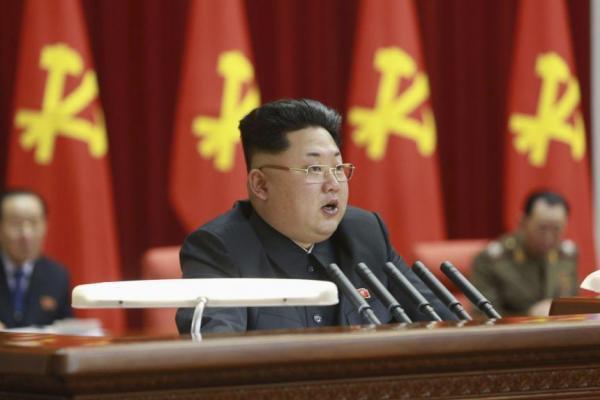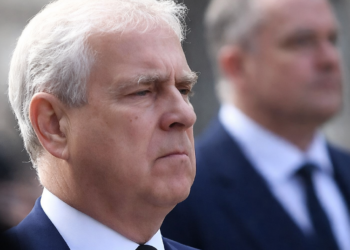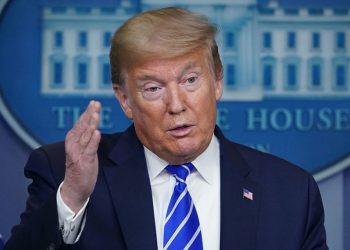North Korea has delivered a scathing rejection of South Korea’s recent peace overtures, with Kim Yo Jong (the influential sister of leader Kim Jong Un) declaring Pyongyang has “no interest” in any reconciliation policies from Seoul.
The statement, published by state media KCNA, marks the first official response to initiatives by South Korea’s newly elected President Lee Jae Myung, who had cautiously welcomed North Korea’s recent shutdown of border propaganda loudspeakers as a potential opening for dialogue.
Kim Yo Jong, a senior Workers’ Party official regarded as her brother’s key spokesperson, framed President Lee’s simultaneous commitment to the South Korea-U.S. military alliance as proof of continued hostility.
“If South Korea expects to reverse consequences with sentimental words, there could be no greater miscalculation,” she stated, dismissing Seoul’s suspension of anti-Pyongyang loudspeaker broadcasts and leaflet campaigns as insignificant reversals of “ill-intentioned acts.”

The Deepening Divide on the Korean Peninsula
This reprimand stresses how far inter-Korean relations have deteriorated since President Lee took office on June 4, succeeding conservative hardliner Yoon Suk Yeol. While Lee’s administration has suspended provocative broadcasts and banned activist balloon launches, Pyongyang’s response suggests no appetite for détente. “We will not be sitting down with South Korea. There is nothing to discuss,” Kim Yo Jong emphasized, signaling a return to the icy stalemate that has defined relations in recent years.
South Korea’s Unification Ministry acknowledged the comments reveal a “very high wall of distrust” built by years of confrontation but vowed to persist with reconciliation efforts. New Unification Minister Chung Dong-young may recommend adjusting U.S.-South Korea joint military drills, a perennial flashpoint for North Korea, according to Yonhap News Agency.
Nuclear Shadows Over 70th Korean War Anniversary
The diplomatic clash coincided with North Korea’s commemoration of what it calls “Victory Day”—the anniversary of the 1953 Korean War armistice—marked by a muted military parade in Pyongyang. State media showed soldiers marching with portraits of founding leader Kim Il Sung and aging war veterans, but conspicuously omitted displays of advanced weaponry and made no mention of Kim Jong Un’s attendance. The scaled-back event contrasted with past years’ missile showcases, though fighter jets streaked flares over the capital.
Meanwhile, President Lee used his own Korean War anniversary speech to reaffirm Seoul’s alliance with Washington as “sealed in blood“—a stance Pyongyang views as inherently threatening. The juxtaposition highlights the fundamental rift blocking peace: North Korea demands an end to U.S. military cooperation as a precondition for talks, while South Korea considers the alliance non-negotiable.
What’s Next for Inter-Korean Relations?
With Pyongyang shutting the door on dialogue and Seoul constrained by its U.S. trade negotiations (where President Donald Trump threatens punitive tariffs) prospects for breakthrough appear dim. Analysts suggest North Korea may escalate tensions through missile tests or revived border provocations to pressure the Lee administration.
As it stands now, the Korean Peninsula remains trapped in its 70-year paradox: technically at war, with no peace treaty in sight, and no viable path forward that both Seoul and Pyongyang are willing to walk.

















